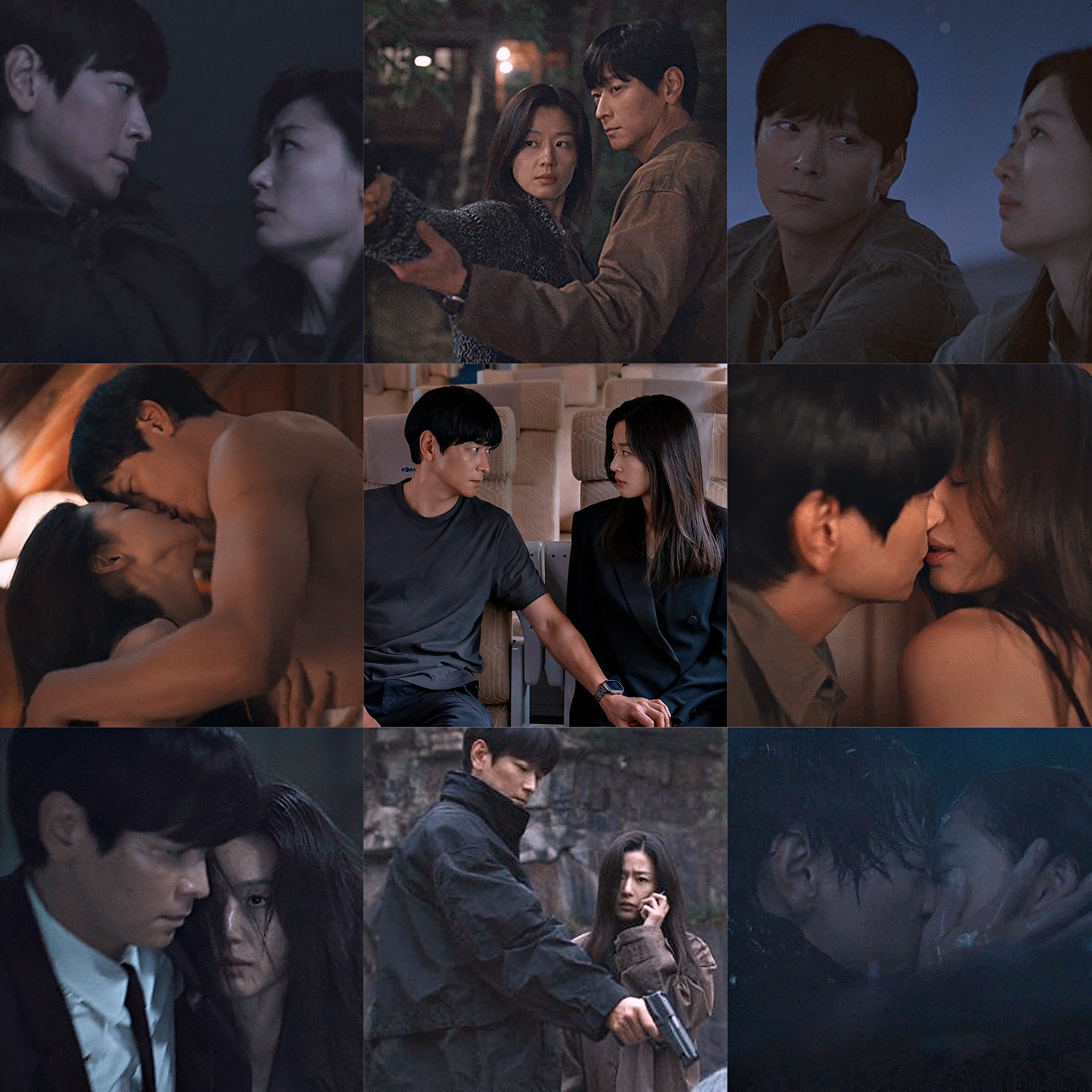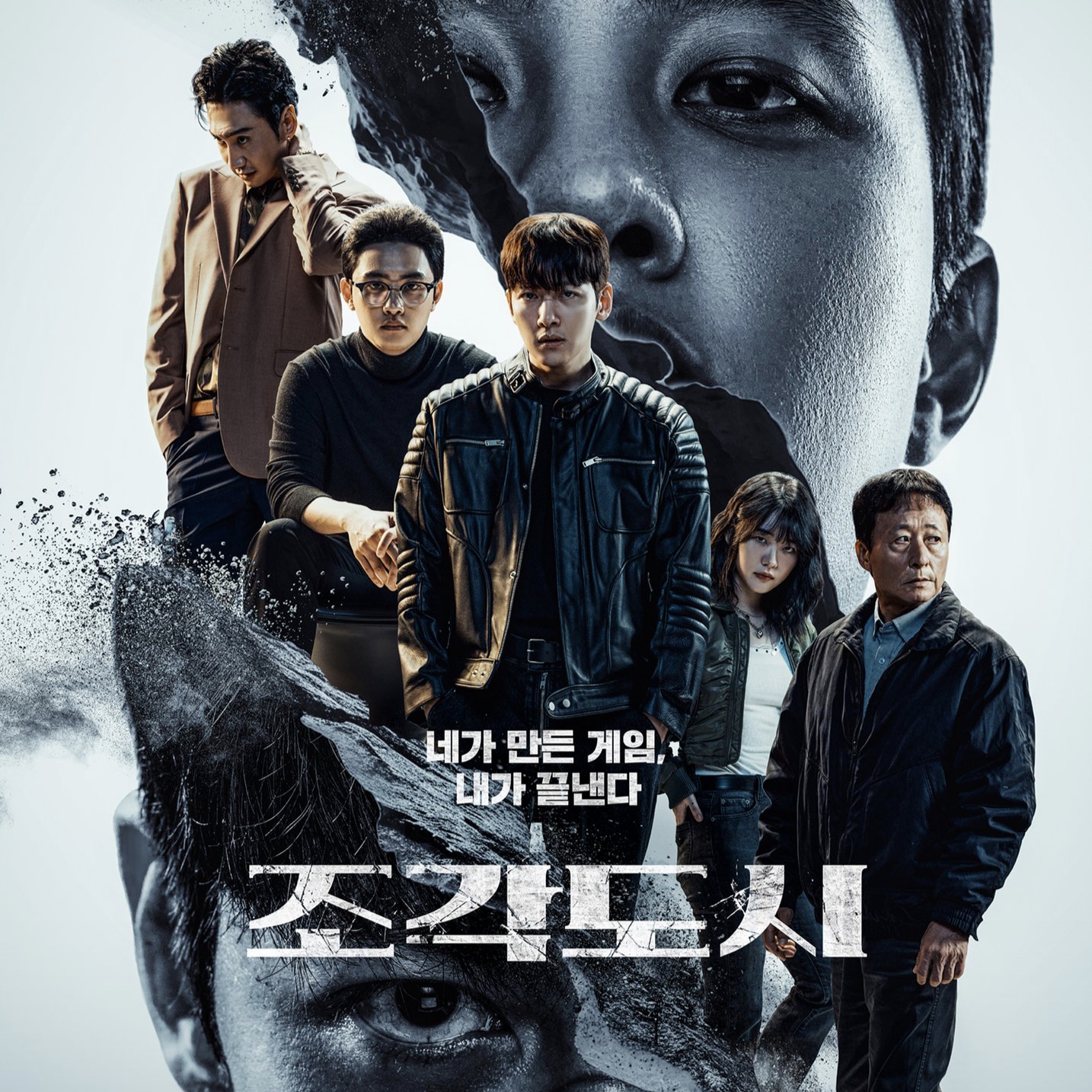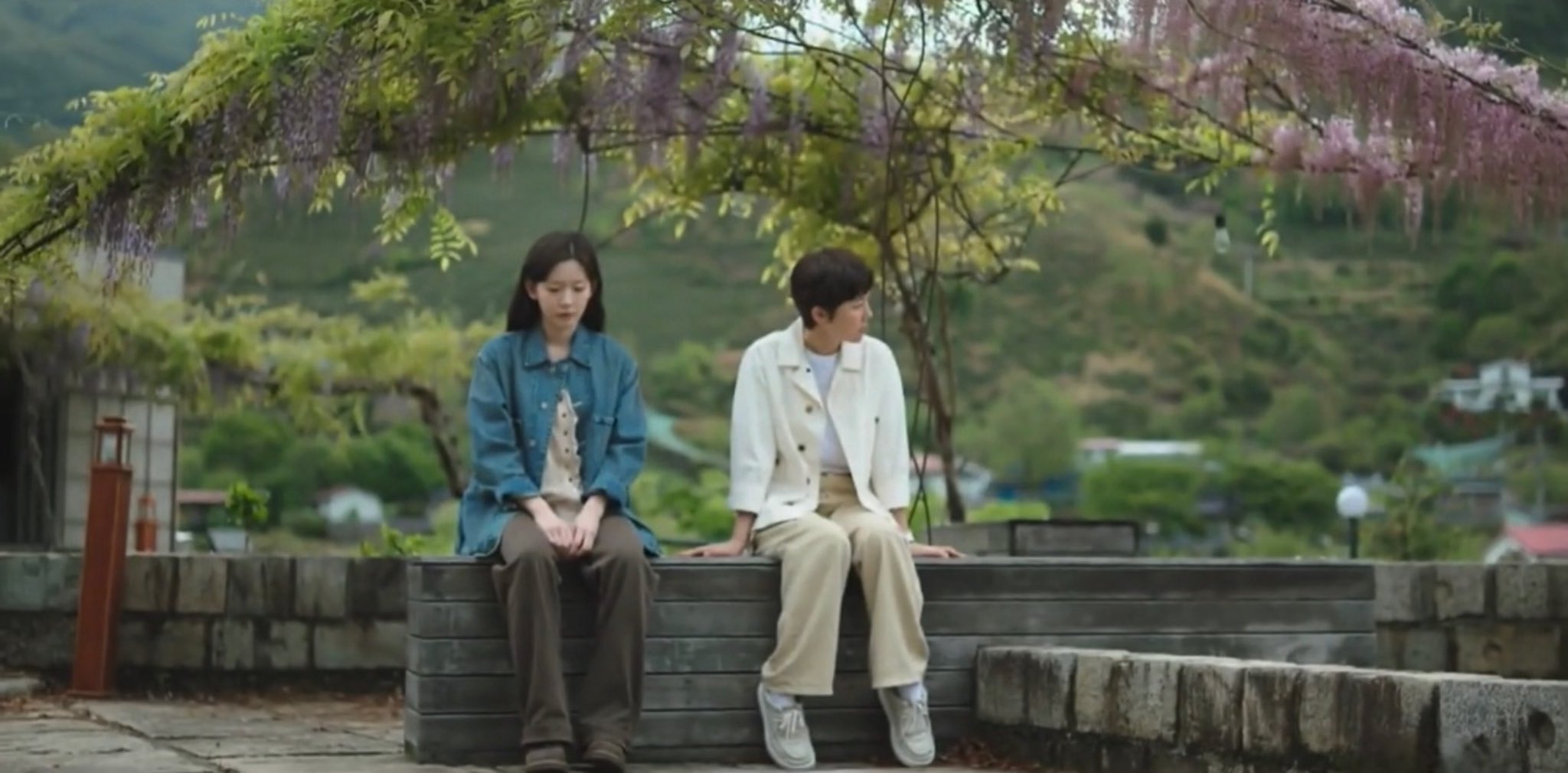When the past refuses to fade, it returns to test the heart. Last Summer opens its story with quiet intensity — a tale of memories, regrets, and an unexpected reunion. Episode 1 sets the tone for what promises to be a deeply emotional K-drama journey, where architecture becomes a metaphor for rebuilding love and facing what’s been left behind.
Episode 1 introduces us to Song Ha-kyung, a civil servant in her hometown of Patan, who carries the weight of time and loss. Her return to the village feels both comforting and suffocating — every corner whispers of a childhood she once shared with Baek Do-ha, a man she can’t quite forget.
Ha-kyung plans to sell her old family home, known as the Peanut House, and finally move forward. But destiny has other plans. She soon learns that the ownership has already been transferred to Do-ha, her former friend and once the brightest architect in town. Their unexpected encounter turns an ordinary home visit into an emotional storm.
Do-ha’s return is as mysterious as it is unsettling. His calm demeanor hides years of regret and unspoken truth. Ha-kyung, torn between anger and unresolved affection, finds herself confronting not just him but the memories she tried to bury. The house — once their shared haven — now becomes the battleground of the past versus the present.
The first episode perfectly captures the awkwardness of two people bound by unfinished emotions. When Ha-kyung and Do-ha meet again, there’s no dramatic music or over-the-top dialogue — just silence heavy with meaning. His eyes search hers for understanding; hers, for closure. The way they circle around each other, saying everything but what matters most, sets a hauntingly real tone.
The Peanut House stands as more than a setting; it’s a symbol of what they built together and what was lost. As they clash over its future, it becomes clear that both are still trapped in their past — unwilling to let go, yet afraid to start again.
Visually, Last Summer is stunning. The soft color palette, the rural setting, and the gentle pace all enhance the show’s emotional pull. The director uses architecture not just as a career backdrop but as emotional symbolism — what you build, what you destroy, and what remains standing after love collapses.
The storytelling relies heavily on emotions rather than exposition. Every glance, every hesitation, adds layers to Ha-kyung and Do-ha’s relationship. There’s no rush; it unfolds like a slow burn, asking viewers to linger in the silence and feel the ache of time.
Episode 1 of Last Summer delivers a beautiful start — filled with nostalgia, tension, and quiet heartbreak. It’s a drama that invites you to reflect on your own “unfinished summers” — the people you once loved, the dreams you left behind, and the homes that still hold your echoes. If this premiere is any indication, Last Summer will not just tell a story — it will make you feel every second of it. For those who crave a mature, emotionally layered romance rather than a simple love story, this series promises to be a standout of the season.

Image Sourced Via X



